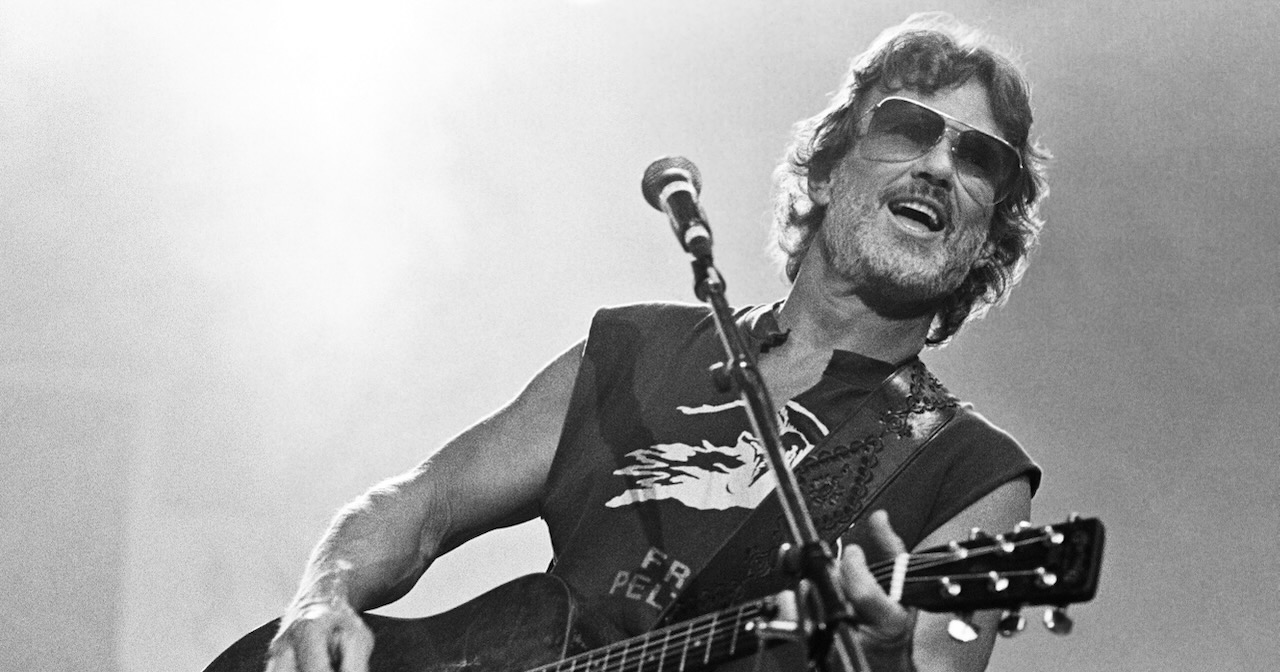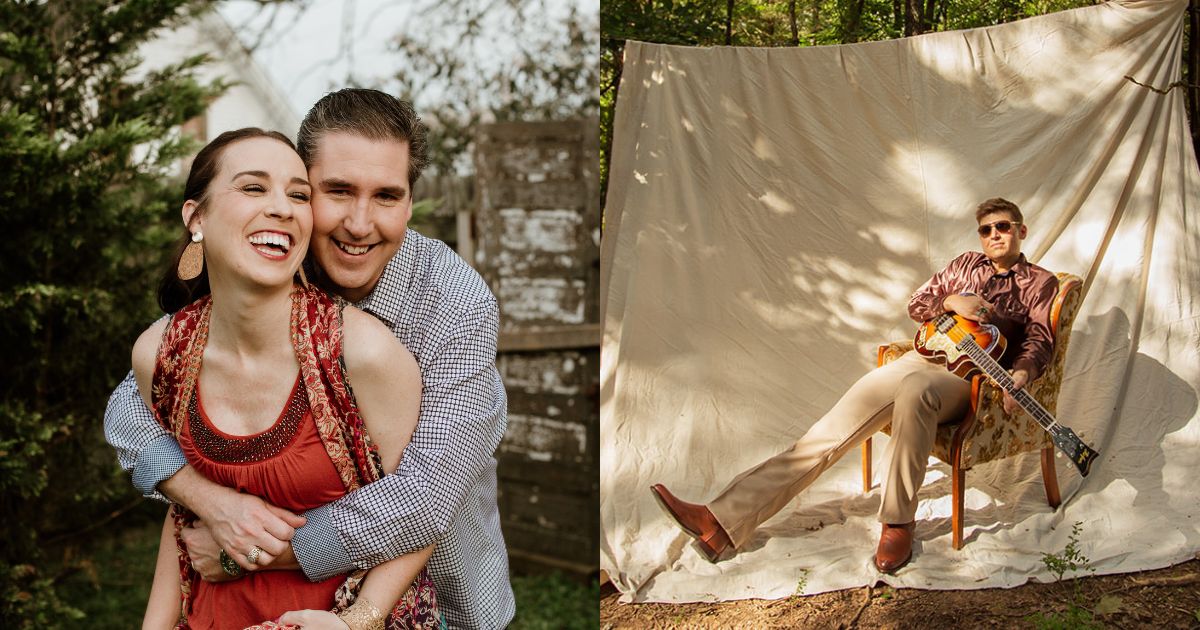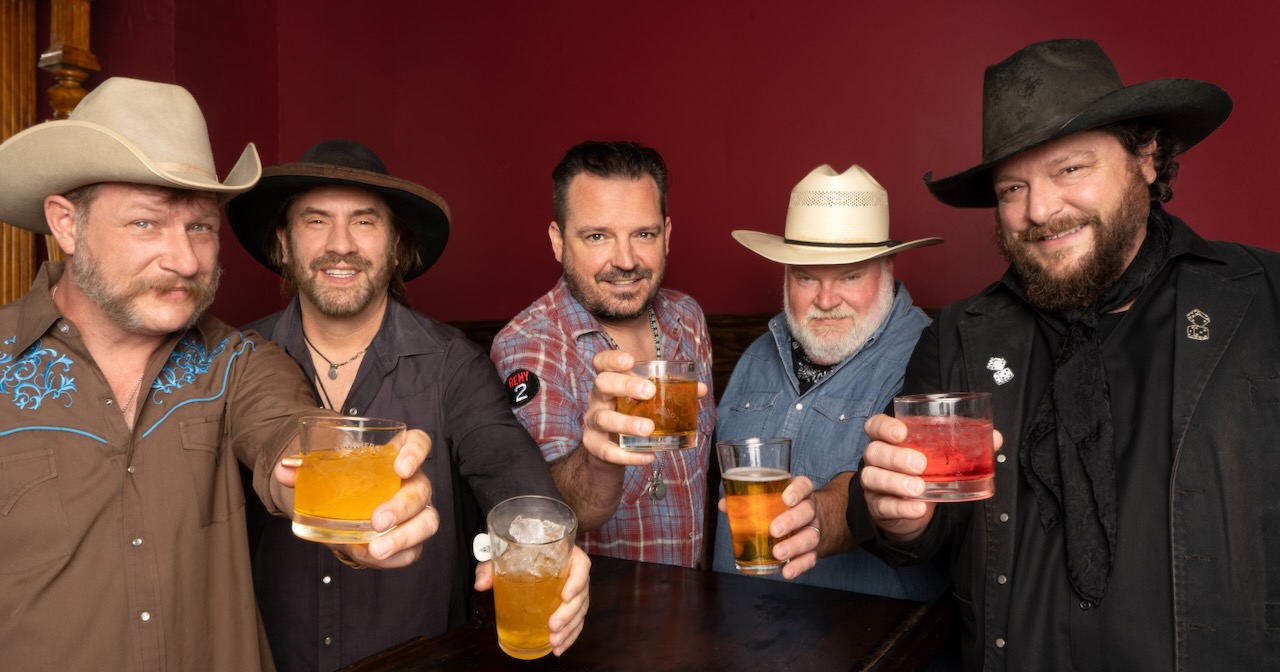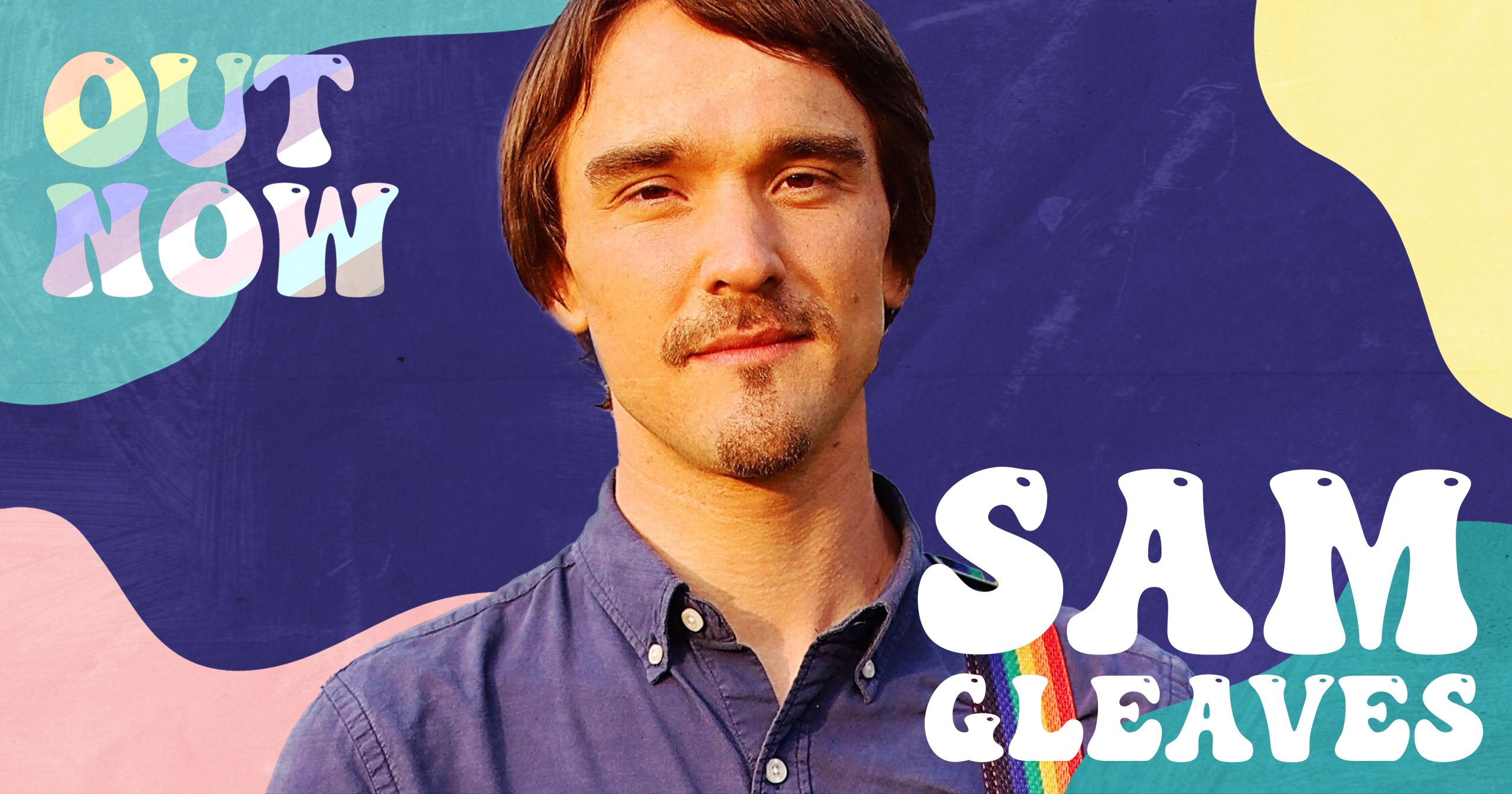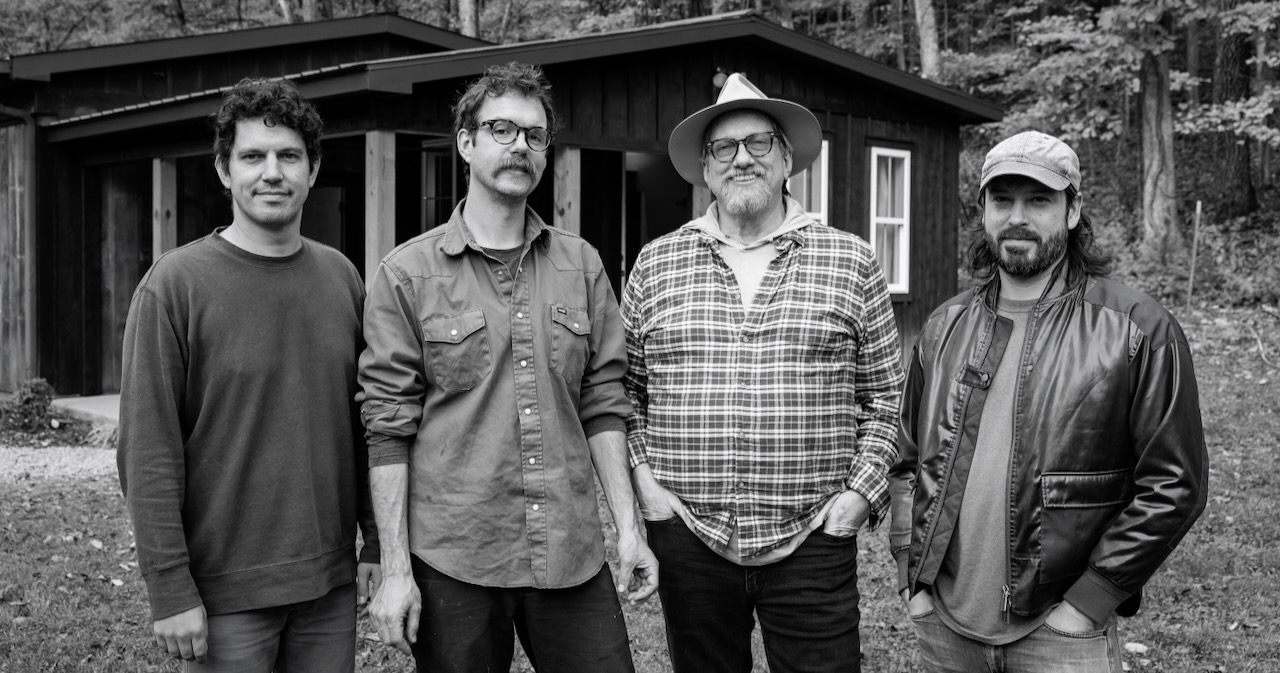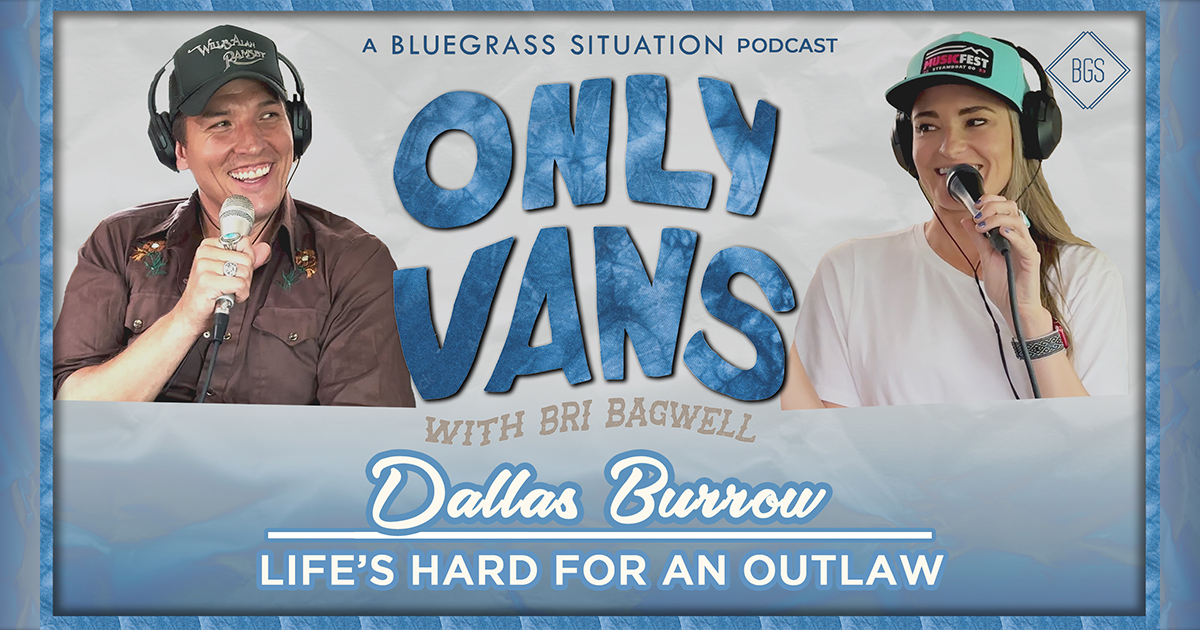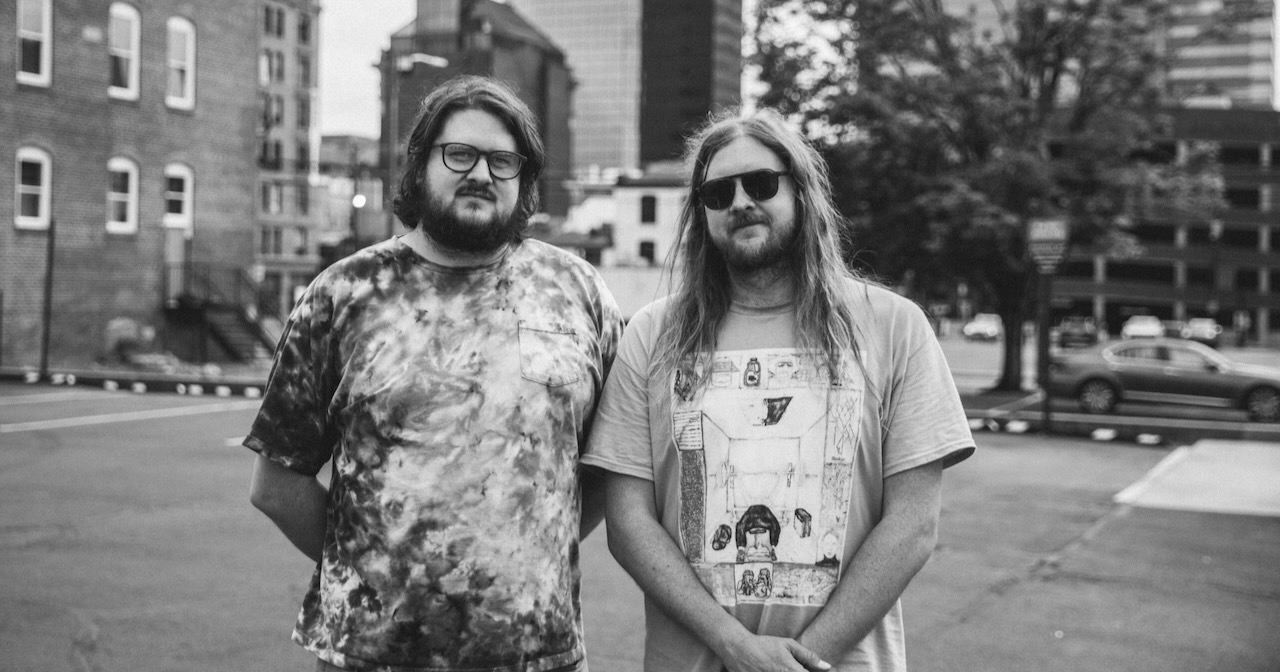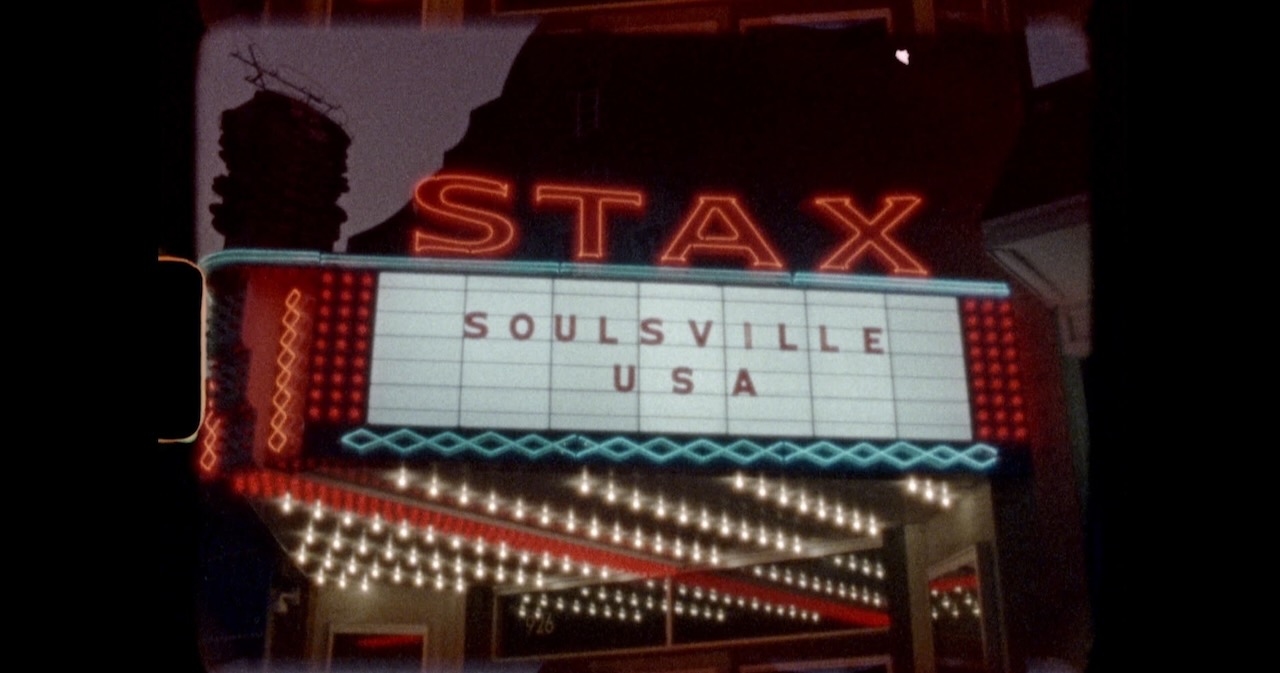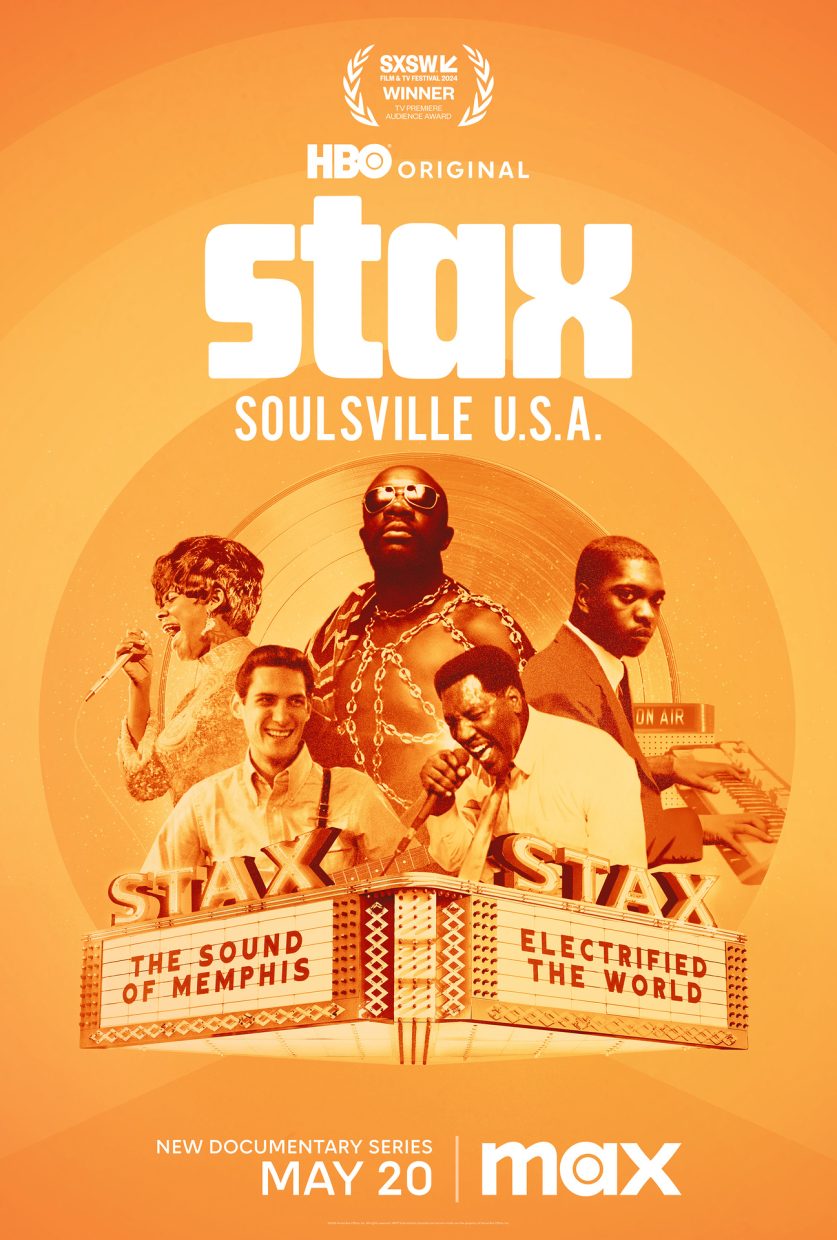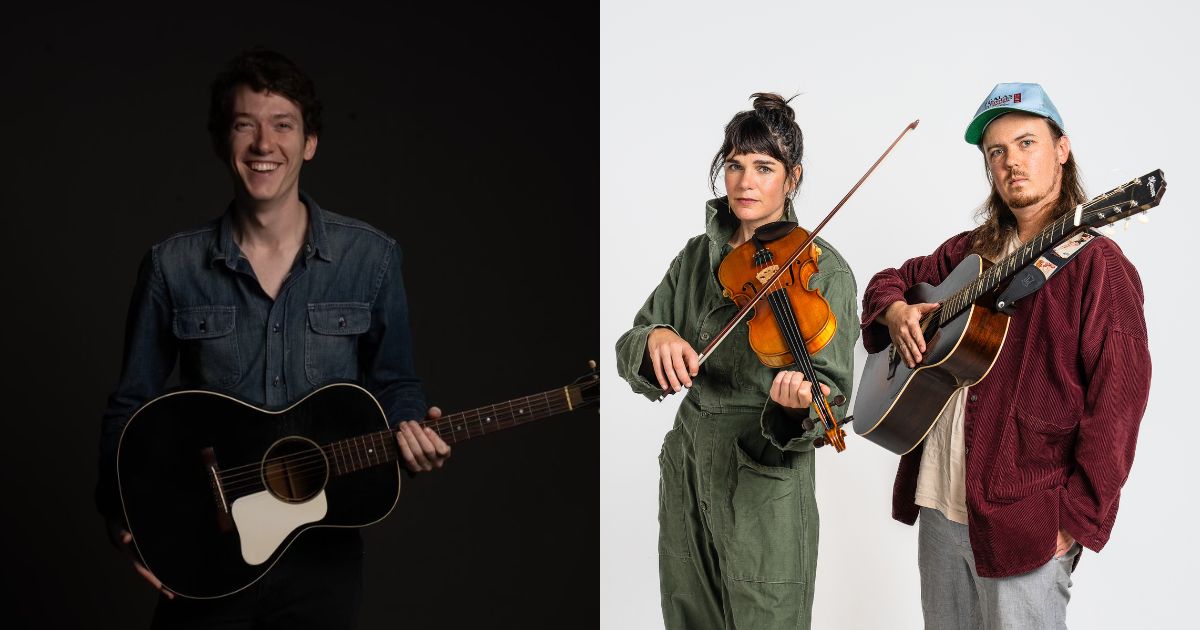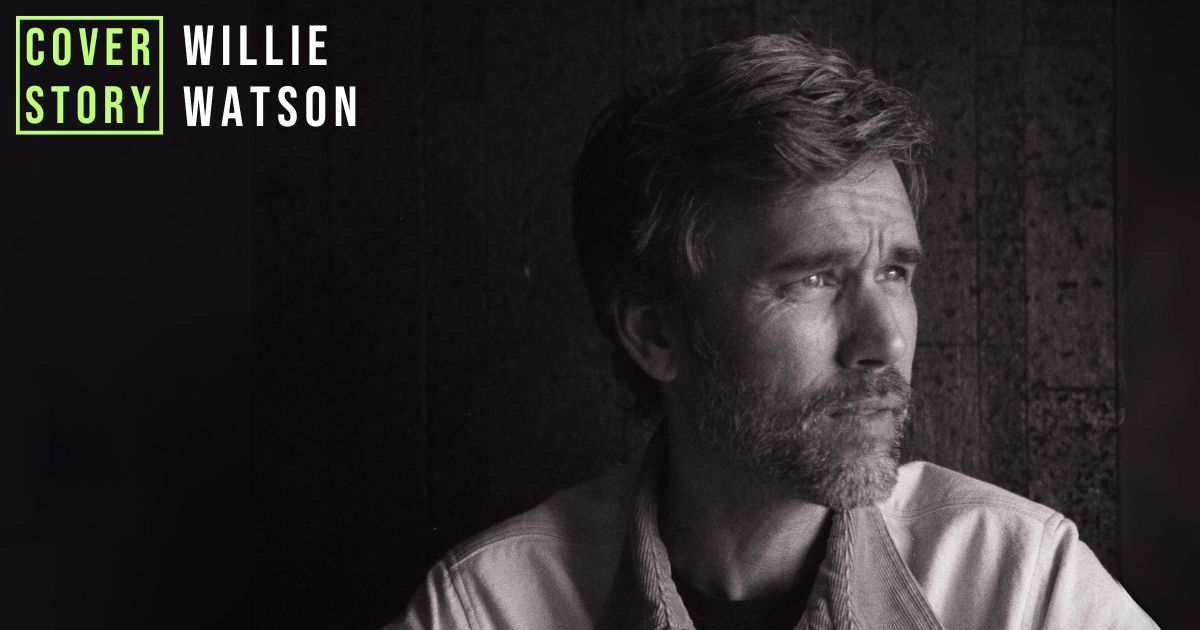After passing away on September 28 at the age of 88, Kris Kristofferson has rightly been eulogized as a renaissance man without compare. It makes sense, since the colorful character’s legendary resume includes time as a Rhodes scholar, Golden Gloves boxer, U.S. Army Ranger, Golden Globe-winning actor, janitor at Columbia Studios, and helicopter pilot who once brought Johnny Cash a demo by landing on the superstar’s front lawn.
In fact, it was only after all of these accomplishments that Kristofferson became the icon we remember – a songwriter’s songwriter, and one of the most authentic and impactful artists to hit country and roots music since its development. Yet his longest-lasting gift to all of us may prove to be his humanity.
Emerging onto an American landscape just beginning to feel the pangs of decay – the “Sunday Morning Coming Down” of its post-war glory – Kristofferson’s work found beauty in even the ugliest moments life had to offer. He broke every mold of what a country star “should” be, choosing substance over style, embracing the unwanted, and cutting a trail for generations of artists to follow. Stunning empathy seemed to be his primary tool and as a man of many lives, he was well suited to put himself in the shoes of whatever characters he conjured up.
That deep well of human empathy might be the source of his gravity on camera and on stage. Maybe that’s why his songs came alive for the 450 other artists who covered them. But whatever it was, Kris Kristofferson accessed emotion and compassion without pretension. His humanity will live on now like a beacon, guiding others away from the shallow posturing of country songcraft and toward the authentic depths of the art.
In honor of his life, legacy, and impact, here are eight moments where Kris Kristofferson’s humanity shined bright.
“Help Me Make It Through the Night” on The Old Grey Whistle
After his debut album in 1970, Kristofferson made frequent TV appearances with duet partner and soon-to-be-wife Rita Coolidge – with one capturing his tender side especially well. Singing “Help Me Make It Through the Night” on the UK variety show The Old Grey Whistle in ‘72, Kristofferson and Coolidge were just a few months away from their marriage and seem enchanted with each other. Sharing a microphone and never more than a few inches apart, you can almost feel the sensual spark.
“Help Me Make It Through the Night” on The Muppet Show
Same song, different duet partner – and a totally different view of Kristofferson as an artist. Fast forwarding to 1978 and Season 3 of The Muppet Show, the respected singer-songwriter showed he was good sport by doing “Help Me Make It Through the Night” with none other than Miss Piggy. Clean shaven and re-creating the close proximity of the first clip, Kristofferson could barely hold back the laughs as he serenaded a swooning swine – then lost it completely as Miss Piggy broke into the chorus. Hopefully he and Kermit patched things up later.
“Sunday Morning Coming Down” on The Johnny Cash Christmas Special
Later in 1978, Kristofferson had the chance to perform alongside an idol and show his respect for the artist who had done more to popularize his work than any other. Joining Johnny Cash for the Man in Black’s yearly Christmas special, Kristofferson was left almost speechless as Cash introduced the vivid “Sunday Morning Coming Down,” which they then took turns singing. After Cash noted he’d been making the song his own for years, Kristofferson responds, “Up until now that was the proudest moment of my life. Now this may be the proudest.”
“Me and Bobby McGee” on Austin City Limits
Kristofferson appeared on Austin City Limits a few times, but in 1981 he had a hot band behind him and that led to a rollicking delivery of his biggest rock hit, “Me and Bobby McGee.” Made famous by the late Janis Joplin 10 years before, the freewheeling anthem put Kristofferson’s range – and a sense nostalgic joy – front and center. Although, there’s still a tinge of sadness embedded in the tone. From our perspective now, the iconic line “Freedom’s just another word for nothing left to lose,” is matched only by “I’d trade all my tomorrows for one single yesterday.”
“For the Good Times” with Tanya Tucker
Kristofferson always looked more comfortable in a flannel shirt than a black tie, but in the long run, that only made him more endearing. Joined by Tanya Tucker on a 1982 awards show, Kristofferson climbed into a tux and delivered the one-last-time anthem “For the Good Times” in classic pop style. Backed by an orchestral score and with Tucker taking the lead, it was a rare ballroom-country presentation of a song also recorded by Ray Price, Al Green, and more, which proved the Hollywood heartthrob would truly rather be hanging out with friends at the local dive.
“The Hot Dog Tree” with Pee Wee Herman
By 1988 Kristofferson had built up decades of acclaim as an actor, artist, songwriter – and as an international sex symbol. But he was never too big to have fun. Playing opposite Pee Wee Herman in the kid’s comedy Big Top Pee Wee, Kristofferson slipped into silliness with an easy charm. The iconic scene sees Pee Wee unveiling his top-secret Hot Dog Tree to Kristofferson, and the star’s initial skepticism – and then child-like awe – will brighten any day. Despite being held up as a talent of rare caliber, he never took himself too seriously.
Encouraging Sinéad O’Connor at Madison Square Garden
If you want to know about Kris Kristofferson’s character, look no further than what he did for Sinéad O’Connor at New York’s Madison Square Garden in October 1992. A few nights earlier, O’Connor had shocked the nation by protesting the Catholic Church’s still-under-wraps sex abuse scandal on Saturday Night Live, ripping up a photo of Pope John Paul II as cameras rolled.
When she then took the stage for Bob Dylan’s 30th anniversary concert, the crowd erupted in boos. As O’Connor stood there, unable to begin her performance through the rain of jeers, Kristofferson stepped beside her and spoke the famous words of encouragement, “Don’t let the bastards get you down.” He didn’t try to save her or get her off stage, or diminish her in any way – he just let her know she wasn’t alone. For her part, O’Connor went on to scream sing an a-capella rendition of “War” over the crowd, before staring them down as she left the stage. She said the moment created a lifelong appreciation for Kristofferson.
“Loving Her Was Easier (Than Anything I’ll Ever Do Again)” with Rosanne Cash at Willie Nelson’s 90th Birthday
Kris Kristofferson made his final public performance in 2023, appearing at the Hollywood Bowl in honor of his longtime friend Willie Nelson’s 90th birthday. The moment was filmed for a special airing on CBS and gave us one last moment with an icon.
After a shaky walk to the microphone, Kristofferson joined Rosanne Cash for an arm-in-arm rendition of “Loving Her Was Easier (Than Anything I’ll Ever Do Again),” a devastating ballad first released at the start of his career. Following Cash’s lead with a wide smile and a twinkle in his eye – one armed raised in triumph – Kristofferson soaked up the moment, while the rapt attention of the audience evolved into a thunderous applause. As Cash adapted the song’s hook to address Kristofferson himself, the whole world seemed to send him out on a high note:
Loving you was easier than anything I’ll ever do again…
Photo Credit: Scott Newton, courtesy of New West Records.
